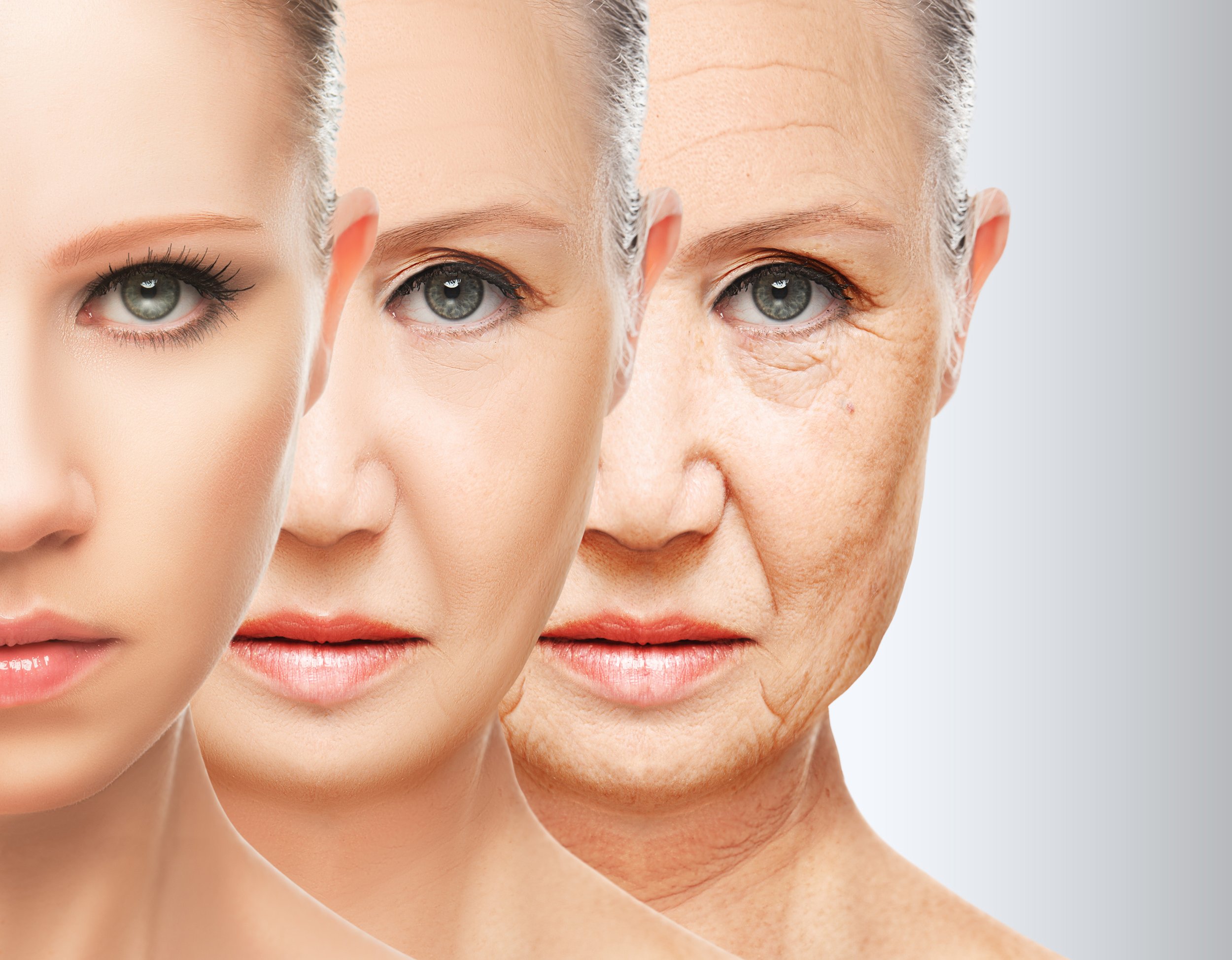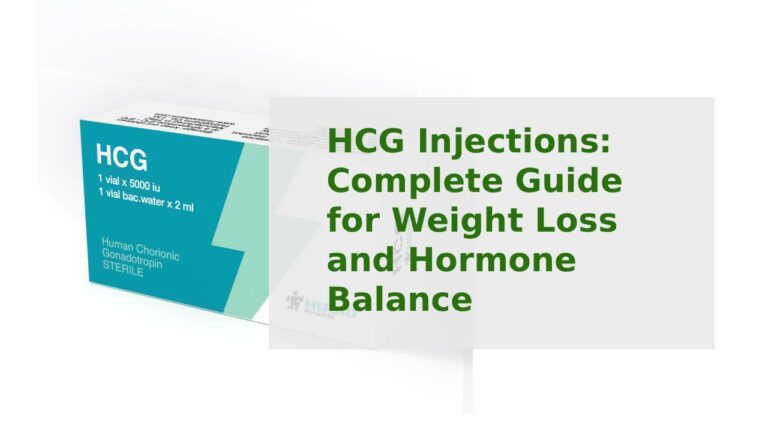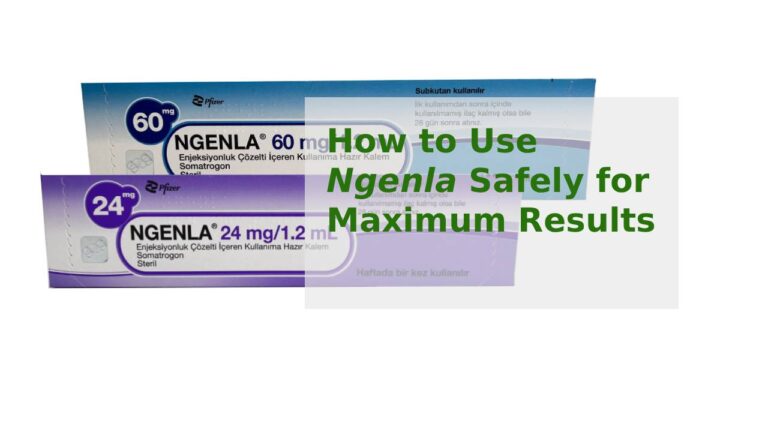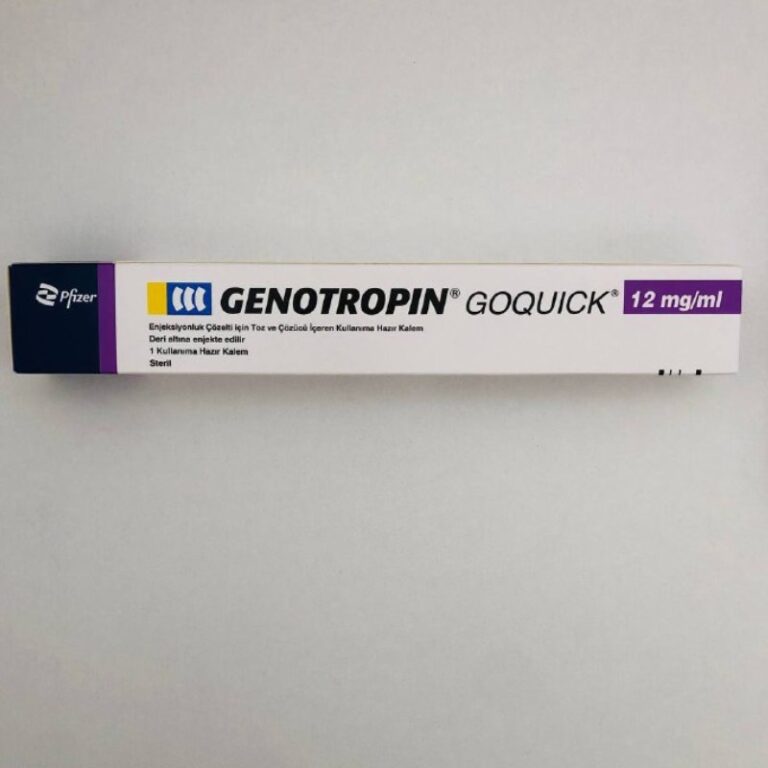As we age, our bodies undergo various changes, including a natural decline in human growth hormone (HGH) levels. This decline has led to growing interest in HGH supplementation as a potential solution for reversing signs of aging. In this article, we will explore the connection between HGH and aging, its potential benefits and risks, and alternative approaches to healthy aging.
What is Human Growth Hormone (HGH)?
Human Growth Hormone (HGH) is a peptide hormone produced by the pituitary gland. It plays a crucial role in growth, cell repair, metabolism, and overall well-being. HGH stimulates the production of proteins and supports the growth of muscle and bone tissue, especially during childhood and adolescence. However, it continues to support tissue repair, muscle health, and metabolic functions even in adults.
Key Functions of HGH:
- Promotes Growth and Development: HGH is essential during childhood and adolescence as it promotes the growth of bones and muscles.
- Supports Metabolism: In adults, HGH helps regulate fat metabolism, reducing fat accumulation and promoting lean muscle mass.
- Enhances Recovery: HGH is vital for tissue repair and regeneration, helping the body recover from physical exertion and injuries.
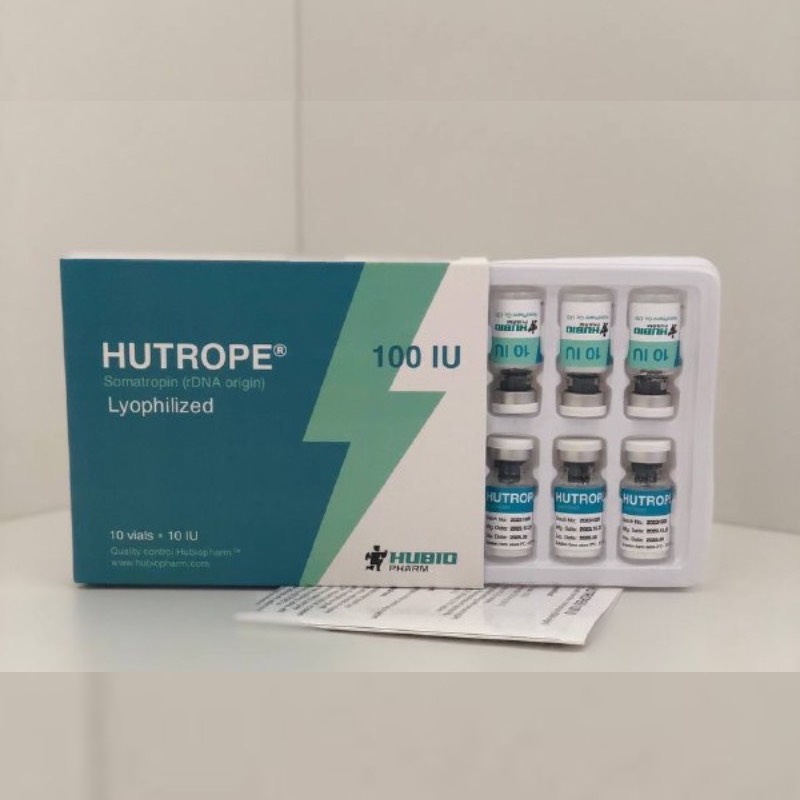
The Decline of HGH with Age
As we age, HGH levels naturally decline, typically starting in our 30s. This decrease can contribute to common signs of aging, such as:
- Reduced Muscle Mass
- Increased Body Fat
- Reduced Bone Density
- Lower Energy Levels
- Thinning Skin and Wrinkles
This has sparked interest in HGH supplementation, with many claiming it can reverse or slow down the effects of aging.
Can HGH Help You Stay Young?
The idea of using HGH to combat aging has gained popularity over the years. Some individuals believe that by increasing HGH levels through supplementation, they can:
- Boost Energy
- Increase Muscle Mass
- Enhance Skin Elasticity
- Improve Bone Density
However, it is essential to understand the science behind HGH supplementation and whether it truly offers anti-aging benefits.
The Science Behind HGH Supplementation for Anti-Aging
While some studies suggest potential benefits of HGH supplementation, others raise concerns about its long-term safety. Research is still inconclusive, but here’s a look at both sides:
Potential Benefits of HGH Supplementation:
- Muscle Mass and Strength: Some studies have found that HGH supplementation can help individuals with HGH deficiency increase muscle mass and strength. It may help reduce fat accumulation and enhance physical performance.
- Bone Density: HGH may stimulate bone formation, improving bone density and reducing the risk of fractures, especially in older adults with low HGH levels.
- Skin Appearance: Some research shows that HGH can help improve skin thickness, elasticity, and overall appearance, potentially reducing wrinkles and sagging.
- Improved Mood and Vitality: Some users report feeling more energetic, improving their mood and overall quality of life after HGH supplementation.
Risks and Considerations of HGH Supplementation:
While the benefits are appealing, HGH supplementation carries potential risks, including:
- Joint and Muscle Pain: Some users experience joint pain and discomfort when using HGH, particularly at higher doses.
- Edema: Fluid retention is a common side effect, leading to swelling in the arms and legs.
- Carpal Tunnel Syndrome: Increased HGH levels may contribute to the development of carpal tunnel syndrome, causing numbness and tingling in the hands.
- Increased Risk of Cancer: Elevated HGH levels may stimulate the growth of certain types of cancer. Long-term use of HGH is still controversial, and safety is not guaranteed.
HGH and Aging: A Closer Look at the Evidence
Many studies have shown mixed results when it comes to the effectiveness of HGH in reversing signs of aging. For instance, while HGH can improve muscle mass and reduce fat, its long-term impact on aging is still debated. Some studies suggest HGH supplementation may improve vitality and skin appearance, but further research is necessary to understand the long-term safety and efficacy.
Is HGH the Fountain of Youth?
HGH supplementation has shown promise in improving specific aspects of aging, but it is not a magic bullet for youth. The evidence remains inconclusive, and the risks associated with HGH use make it a controversial option for aging. It’s important to consider alternatives to HGH, including lifestyle changes and natural approaches that support healthy aging.
Alternative Approaches to Healthy Aging
Rather than relying on HGH supplementation, several natural strategies can help maintain vitality and slow down the aging process. These include:
1. Balanced Nutrition
A nutrient-dense diet is critical for overall health and aging. Eating plenty of fruits, vegetables, whole grains, lean proteins, and healthy fats helps nourish your body, support cellular repair, and maintain energy levels.
2. Regular Exercise
Exercise is one of the best ways to combat the effects of aging. Strength training, cardiovascular workouts, and flexibility exercises all help maintain muscle mass, improve bone density, and promote overall well-being.
3. Adequate Sleep
Sleep is essential for regeneration and healing. Ensuring you get enough restful sleep each night is vital for maintaining healthy hormone levels, including HGH.
4. Stress Management
Chronic stress accelerates the aging process. Practices such as meditation, yoga, and mindfulness help manage stress levels and support mental and physical health.
5. Hydration
Drinking plenty of water keeps your skin hydrated and supports the functioning of every cell in your body.
Conclusion: Can HGH Reverse Aging?
HGH supplementation may offer some benefits for reversing signs of aging, including increased muscle mass, improved bone density, and enhanced skin elasticity. However, the long-term safety of HGH use remains uncertain, and its effectiveness as an anti-aging treatment is still under research.
Rather than relying solely on HGH, a holistic approach to healthy aging—through balanced nutrition, regular exercise, stress management, and quality sleep—remains the most effective way to maintain vitality and well-being.

